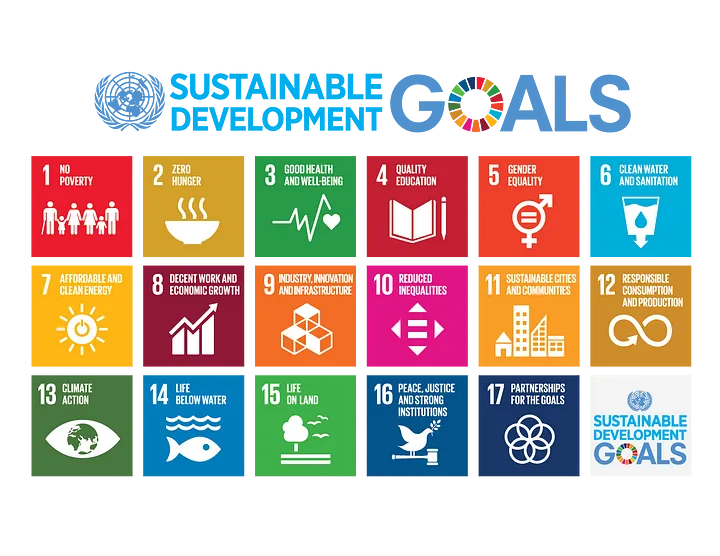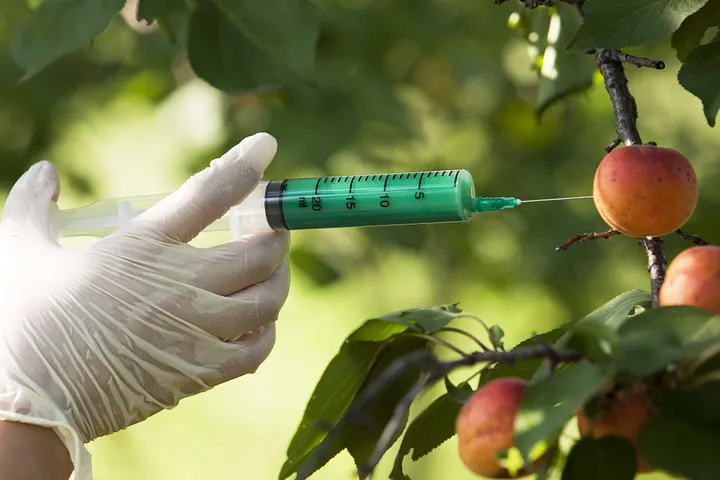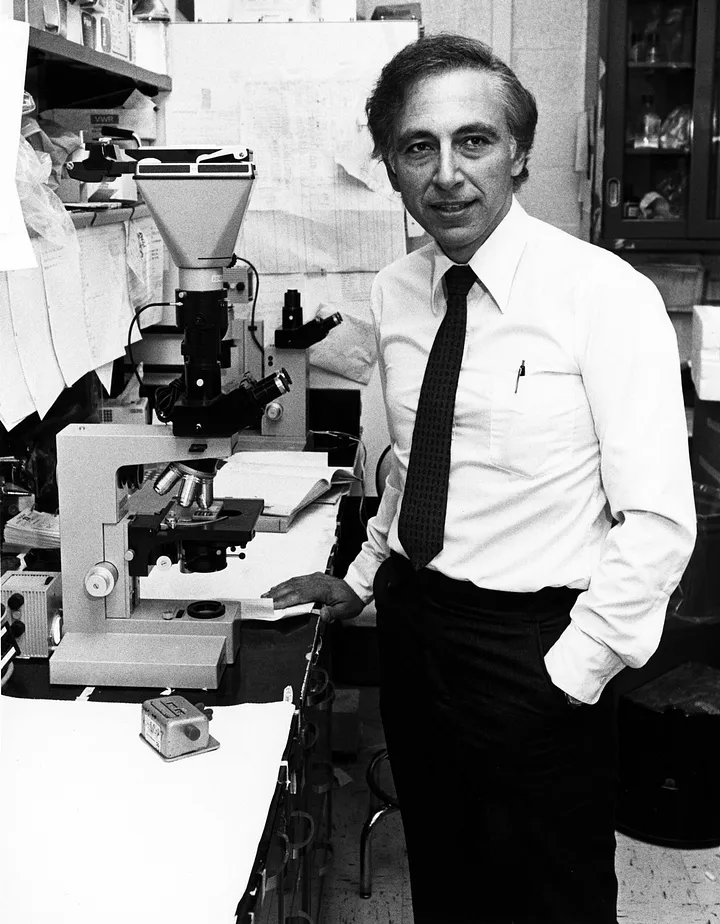As the world continues to evolve and grapple with the impacts of economic growth and development, one question remains at the forefront of global discourse: how do we ensure that this growth is sustainable and equitable for all? This is where Agenda 2030 comes into play. Adopted by the United Nations General Assembly in 2015, Agenda 2030 outlines 17 Sustainable Development Goals (SDGs) that aim to end poverty, protect the planet and ensure prosperity for all.
The Agenda 2030 is a universal call to action that applies to all countries, rich and poor, to work together to address global challenges and improve the lives of people everywhere. This ambitious agenda encompasses a wide range of issues, from poverty reduction and food security to gender equality, climate action and sustainable economic growth. The goals are designed to be integrated, indivisible and mutually reinforcing, and they require a coordinated global effort to be achieved.
One of the key aspects of Agenda 2030 is its focus on the three dimensions of sustainable development: economic, social and environmental. The SDGs are designed to promote sustainable economic growth that creates jobs and reduces inequality, while also ensuring that this growth is environmentally sustainable. For example, Goal 8 aims to “promote sustained, inclusive and sustainable economic growth, full and productive employment and decent work for all,” while Goal 13 seeks to “take urgent action to combat climate change and its impacts.”
Another important aspect of Agenda 2030 is its emphasis on the importance of partnerships. The SDGs cannot be achieved by governments alone, and require the participation and engagement of a wide range of stakeholders, including civil society organizations, the private sector, and individual citizens. This requires a new form of global cooperation and collaboration that is built on trust and mutual respect, and that seeks to harness the strengths of different actors to achieve common goals.
One of the challenges of Agenda 2030 is ensuring that the benefits of sustainable development are shared by all, regardless of their location, gender, race or socio-economic status. This requires a focus on the most vulnerable and marginalized groups, including women and girls, people with disabilities, indigenous peoples, and those living in rural areas. For example, Goal 5 aims to “achieve gender equality and empower all women and girls,” while Goal 2 seeks to “end hunger, achieve food security and improved nutrition and promote sustainable agriculture.”
Another challenge is ensuring that the necessary financial and technical resources are available to implement the SDGs. This requires increased investment in sustainable development, both at the national and international levels, as well as the mobilization of new and innovative financing mechanisms. This will also require a commitment to improving the quality and accountability of public spending, as well as promoting transparency and good governance in the use of resources.
The Agenda 2030 is a call to action for everyone, from governments and businesses to civil society organizations and individual citizens. Each of us has a role to play in achieving the SDGs, and in creating a sustainable and equitable future for all. The road to a sustainable future is long and challenging, but with the collective efforts of everyone, we can achieve this vision and build a better world for generations to come.
In conclusion, Agenda 2030 is an ambitious and transformative agenda that seeks to address the complex and interrelated challenges of sustainable development. It represents a global commitment to end poverty, protect the planet and ensure prosperity for all, and requires a concerted effort by all stakeholders to achieve its goals. The road to a sustainable future will not be easy, but with the right policies, investments, and partnerships, we can build a better world for everyone.












